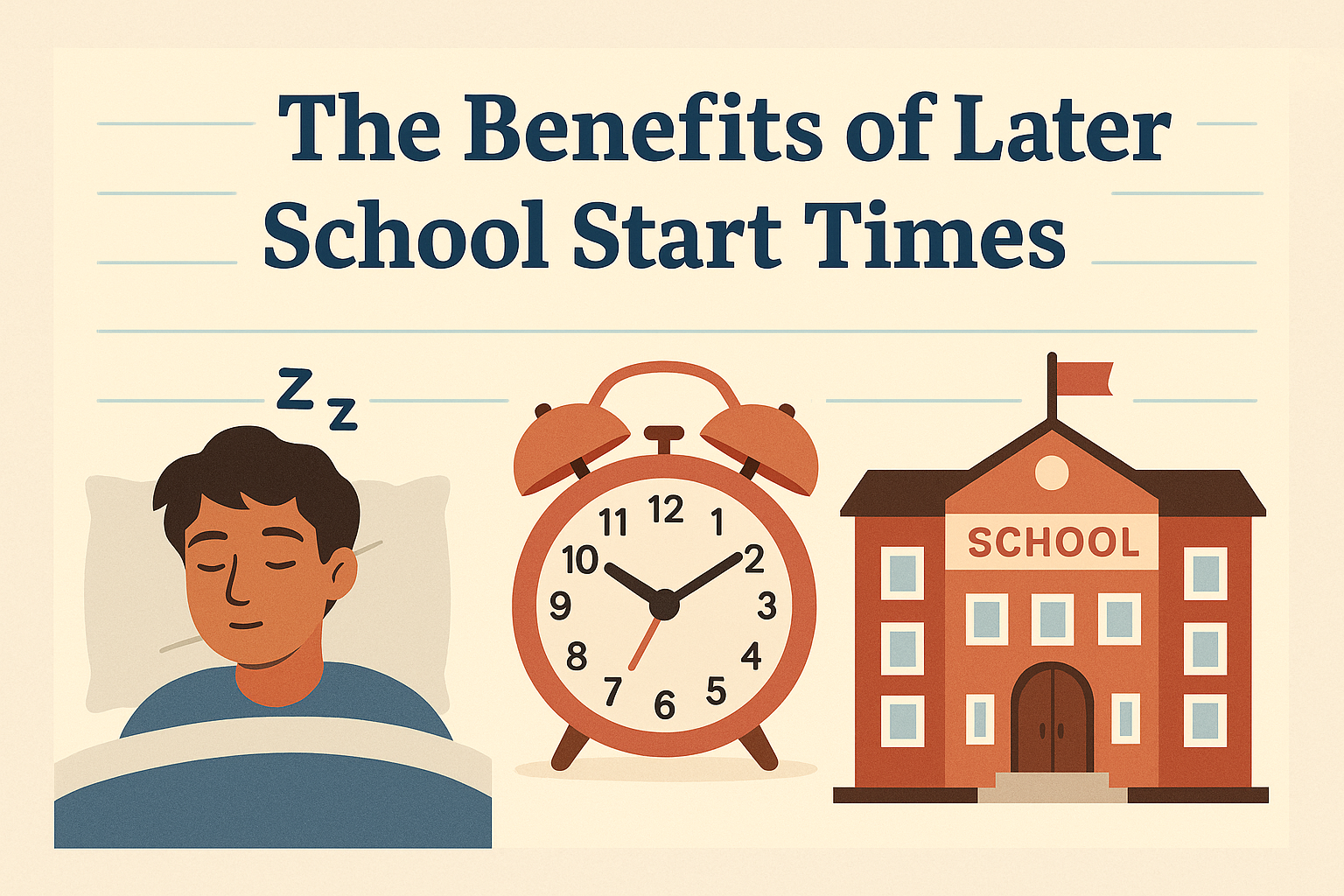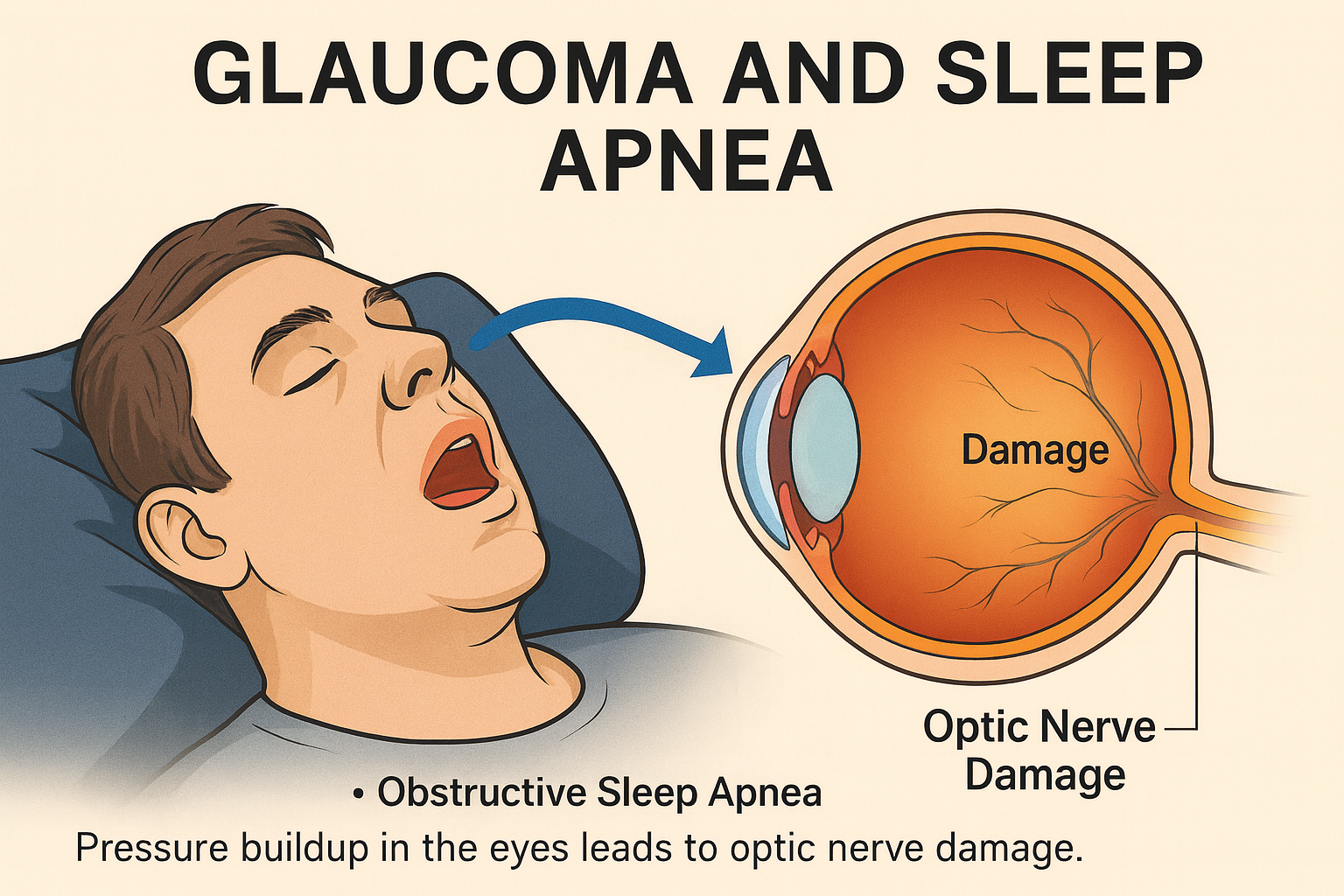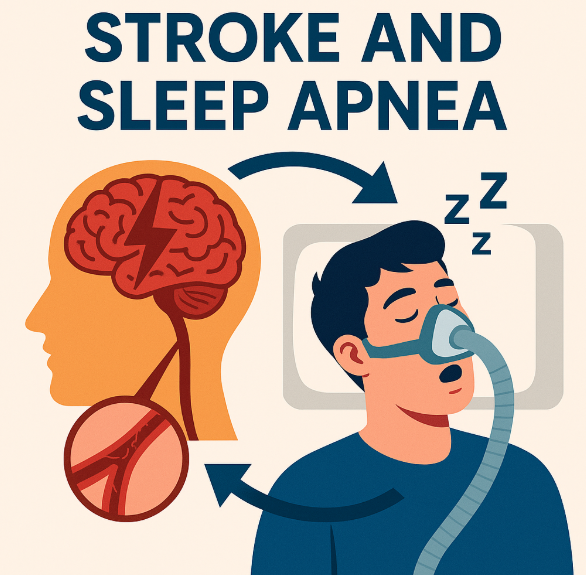Memory Consolidation and Its Role in Learning
Memory consolidation is the process by which temporary, newly acquired information is transformed into a more permanent, long-term memory. This involves strengthening the neural connections that form memories and transferring information from the hippocampus to other brain regions for long-term storage. Memory consolidation is crucial for learning because it helps stabilize and integrate new knowledge, making it retrievable for future use.
In this article, we explore the vital role of memory consolidation in learning, detailing how temporary information becomes permanent through neural strengthening and transfer to long-term storage. We cover the types of memory, and how different sleep stages contribute to this process. Additionally, we discuss the detrimental effects of sleep deprivation on memory and learning, supported by recent research on sleep and academic performance.
Types of Memory
- Short-Term Memory: Holds a small amount of information for a short duration, typically seconds to minutes. It is also known as working memory.
- Long-Term Memory: Can store large amounts of information for extended periods, ranging from hours to a lifetime. Long-term memory is divided into:
- Declarative (Explicit) Memory: Conscious memories, including episodic (events) and semantic (facts) memory.
- Non-declarative (Implicit) Memory: Unconscious memories, such as procedural memory (skills and tasks) and emotional responses.

The Role of Sleep in Memory Consolidation
Sleep consists of two main stages: Non-Rapid Eye Movement (Non-REM) and Rapid Eye Movement (REM) sleep, each playing distinct roles in memory consolidation.
Non-REM Sleep
Non-REM sleep is divided into three stages (N1, N2, N3), with N3 being the deepest sleep. Non-REM sleep is essential for stabilizing and integrating new information. During these three stages there are characteristic findings:
- Sleep Spindles: Bursts of rapid brain activity, known as spindles, occur primarily in N2 sleep. These are believed to help consolidate declarative memories.
- Slow-Wave Sleep (SWS): Also known as N3 or deep sleep, slow-wave sleep is characterized by slow brain waves. It is crucial for transferring information from the hippocampus to the neocortex, helping long-term storage.
These three stages help process information learned the day before as well as prepare your brain for the next day. The brain sorts through the memories, filtering important information allowing for memory formation during the deeper stages of sleep.
The N2 stage accounts for approximately 45% of the total sleep cycle, with slower brain waves, relaxed muscles, and lower body temperature. There is ongoing research that suggests the beneficial role that sleep spindles play in memory formation.
REM Sleep
REM sleep is characterized by ‘rapid eye movements’, vivid dreams, and heightened brain activity. It is particularly important for:
- Processing Emotional Memories: Helps regulate emotions and consolidate memories with emotional content.
- Procedural Memory: Improves physical skills and tasks learned during wakefulness.
The Impact of Sleep Deprivation on Memory
Lack of sleep impairs the ability to form new memories. Sleep-deprived individuals often struggle with attention, learning, and memory retention. Chronic sleep deprivation can lead to serious cognitive decline, increasing the risk of neurodegenerative diseases like Alzheimer's. It hampers the brain's ability to consolidate memories, resulting in forgetfulness and difficulty in learning new information. We can see the immediate impact of sleep deprivation by analyzing how it impacts students and their academic performance.
Many students often stay up all night to study, thinking it will improve their grades. However, research suggests that this approach is damaging. According to Medical News Today, around 20% of students pull all-nighters at least once a month, and about 35% stay up past 3AM once or more weekly.
A two-year study that looked at the effects of nightly sleep duration on changes in GPA was published in the Proceedings of the National Academy of Sciences. The study analyzed data from 600 first-year students at three different universities who participated in sleep actigraphy for a month at the beginning of their winter/spring term.The results showed that more total nightly sleep early in the semester predicted higher end-of-term GPA, with each additional hour of sleep linked to a 0.07 increase in GPA.

Factors Affecting Memory Consolidation
- Sleep Quality: Good sleep hygiene, free from disturbances, enhances memory consolidation.
- Sleep Duration: Adequate sleep duration is crucial, with 7-9 hours per night recommended for adults.
- Lifestyle Factors: Regular physical exercise, a healthy diet, and stress management positively impact memory consolidation.
Understanding the relationship between sleep and memory can help improve learning and memory retention, emphasizing the importance of healthy sleep habits for cognitive health.
Sources
- https://qbi.uq.edu.au/brain-basics/memory/types-memory
- https://medicine.yale.edu/news-article/sleeps-crucial-role-in-preserving-memory/
- https://www.news-medical.net/health/Role-of-Sleep-in-Memory-Consolidation.aspx
- https://www.medicalnewstoday.com/releases/160265#1
- https://www.cmu.edu/ni/news/2023/february/sleep-study-creswell.html
- https://www.pnas.org/doi/10.1073/pnas.2209123120
- https://www.washingtonpost.com/wellness/2023/02/13/sleep-college-hours-gpa-grades/
- https://www.ncbi.nlm.nih.gov/books/NBK526132/





























































































%20thumbnail.jpg)
.png)